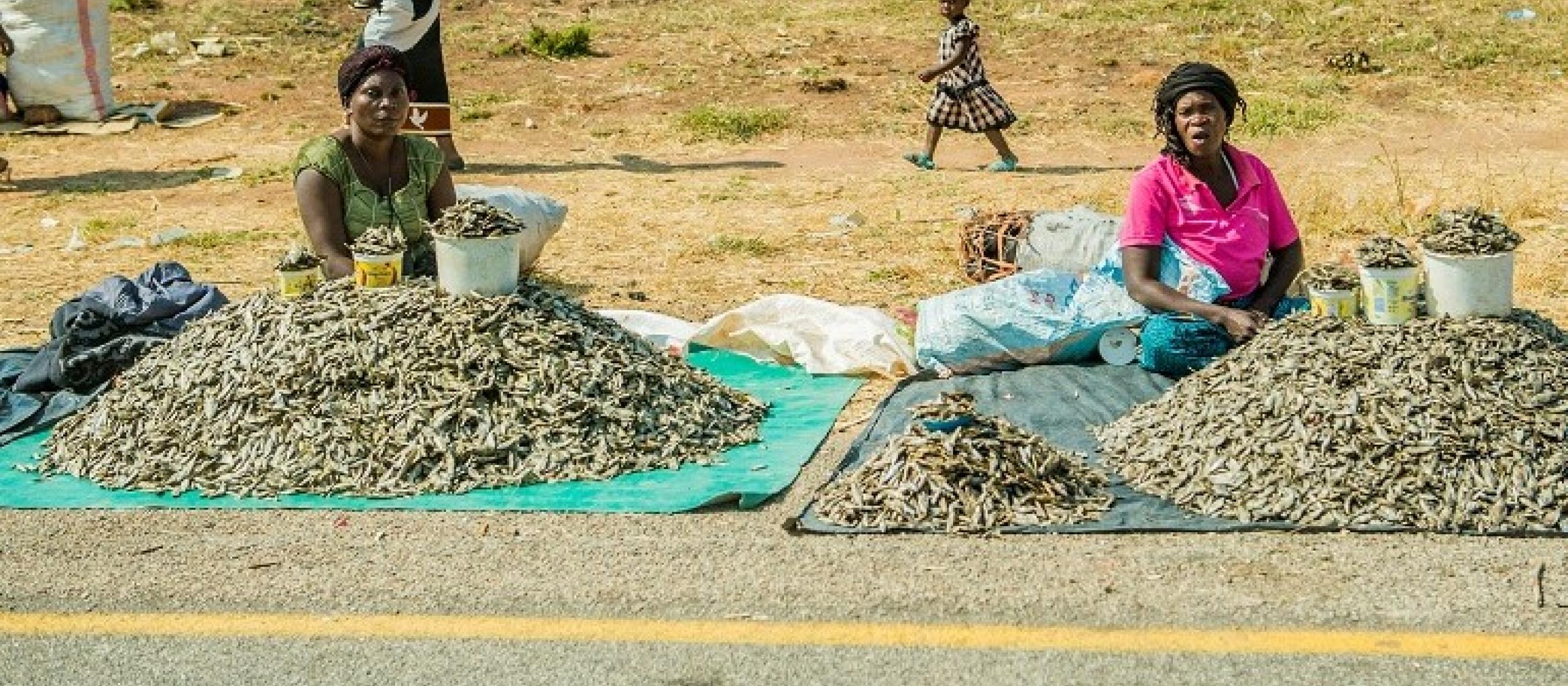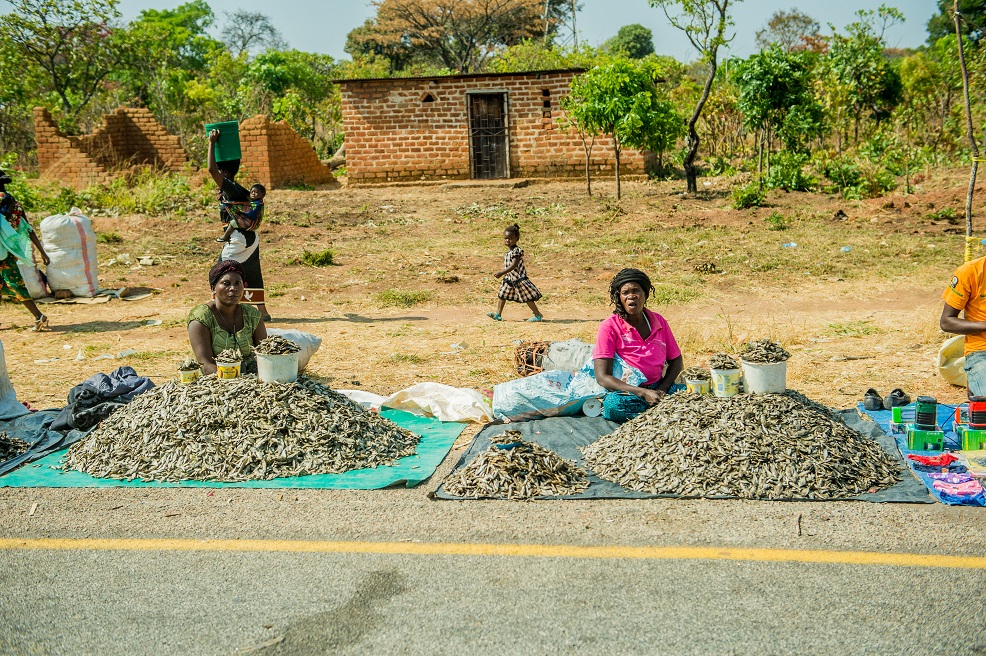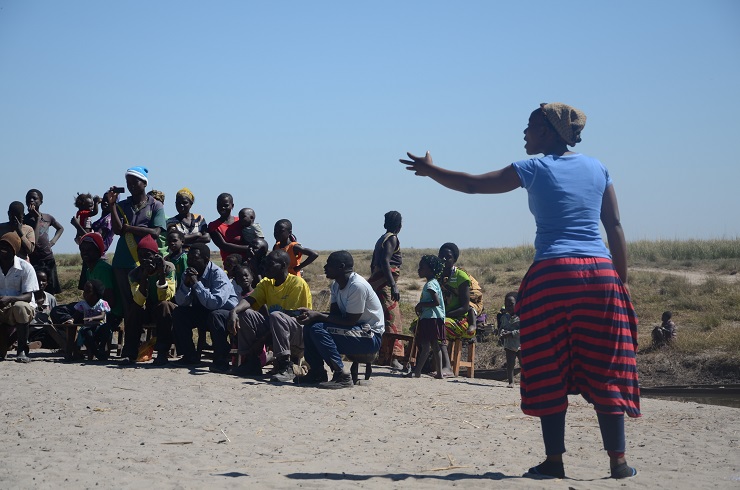- HomeHome
-
About ACIAR
- Our work
- Our people
-
Corporate information
- ACIAR Audit Committee
- Commission for International Agricultural Research
- Policy Advisory Council
- Agency reviews
- Executive remuneration disclosure
- Freedom of information (FOI)
- Gifts and benefits register
- Information publication scheme
- List of new agency files
- Contracts
- Legal services expenditure
- Privacy impact assessment register
- Commonwealth Child Safe Framework
- Benefits to Australia
- Careers
- 40 years of ACIAR
-
What we do
- Programs
- Cross-cutting areas
- Resources
- Where we work
-
Funding
- Research projects
- Fellowships
-
Scholarships
- John Allwright FellowshipScholarships to study in Australia for ACIAR partner country scientists to have Australian postgraduate qualifications
- ACIAR Pacific Agriculture Scholarships and Support and Climate Resilience Program
- Alumni Research Support Facility
- Publications
- News and Outreach
Date released
27 March 2019
An innovative program in the lakes fisheries regions of Zambia and Malawi has driven change in the livelihoods and empowerment of women.
In the Barotse floodplain of Zambia and the Lake Chilwa basin of Malawi, men and women rely heavily on fish for income, food and nutrition. Yet, according to Canada’s International Development Research Centre (IDRC), sub-Saharan Africa has the lowest fish supply per person globally, and fish supplies in the region are predicted to fall further over the next 20 years. Dr Jemimah Njuki is a senior program specialist at the IDRC, where she oversees a portfolio of projects on gender and women’s empowerment in agriculture as well as supporting gender integration in other IDRC agriculture projects. Participation in fishing tends to be strongly gendered, Dr Njuki says.
The lake catch is taken at night from boats, primarily by men, who then market the increasingly scarce supply. The men generate greater income than the women, who process the fish through smoking over open fires or drying in the sun. The general supply shortage of fish is compounded by women’s lack of access to technologies and finances, leading to up to 38% losses in captured fish through insect or bacterial contamination. Add to this the constraints of strong cultural and social norms and the result is that women tend to have lower incomes, little control over that income, and play a subordinate role in household decision-making generally.
Through Cultivate Africa’s Future (CultiAF), the IDRC and ACIAR funded departments of fisheries and universities in the two countries (Chancellor College of the University of Malawi and the University of Zambia), WorldFish and the Zambia Centre for Communication Programmes (a social enterprise focused on behaviour change communication) in a project to empower women, change unequal gender and social relations and improve their livelihoods. The WorldFish program was led by gender scientist, Dr Steven Cole, who heads WorldFish gender transformative research in Zambia. Dr Njuki says the project focused on two main areas: technology to reduce captured fish losses, and the use of community theatre to transform attitudes about gender.
Traditional processing involves either drying in the open air, where fish are subject to biological contamination, or open-fire smoking, which requires the burning of wood, another scarce resource. Both methods, Dr Njuki says, add to women’s drudgery and affect their health. Open-air drying necessitates constant turning and protecting the fish from bad weather, while smoking requires gathering of firewood and constant monitoring of the fire. The researchers trialled two technologies to find more practical processing methods. The first, an enclosed solar tent dryer, is like a polythene greenhouse in which the temperature and humidity can be controlled and greater quantities of fish can be laid out to dry on multiple racks. The second is an enclosed smoking kiln, with the smoke generated by burning crop waste. The kiln has six to eight racks for laying out fish rather than the single tray used in traditional open-fire smoking. Both technologies reduced fish losses and cut down the amount of time women needed to spend monitoring the processing, freeing them to do other tasks.
The project also trialled salt processing—an easy, simple process with an end product that Dr Njuki says there is a big market for. ‘A lot of traders from the Democratic Republic of Congo come into Malawi to buy salted fish.’ The impact of the new technologies was significant:
- Fish processors increased their gross margins from 5% to 25%, eliminating much of the previous wastage.
- Fish salting resulted in no insect infestation, compared to 11% in open-air sun drying.
- The fish salting process took only one day, compared to almost four days for the traditional open-air drying process
Dr Njuki says that while the technology could improve women’s livelihoods, it is also necessary to work on the social and cultural norms that constrain them—especially the relations between the fishermen and women processors. The project team worked with a community theatre for development: the Zambia Centre for Communication, to help people think about the norms that were defining how men and women were behaving. According to the IDRC report, ‘The team used results from community discussions to develop scripts and trained community members to enact them as theatre for development.’
Dr Njuki says, ‘It was a bottom-up approach where community members learned how to do this theatre, and other community members watched and listened. Then there was a facilitated discussion about what is happening, and what needs to change.’ A wide range of people participated in this process: women and men fishers, village committees, traditional leaders, transporters, boatbuilders, village savings and loans representatives, and fisheries and trade government departments. The project design meant that some communities had both the new technologies and the theatre groups, and some had just the new technologies and a simpler gender-integration approach.
Dr Njuki says they are under no illusion that some of these attitudes, and especially practices, take a long time to shift, but nevertheless there were some ‘pretty significant changes’. The team evaluated four key elements of empowerment: choice, agency, ownership of resources and institutional structures.
- Choice: There was a 45% reduction in those agreeing with the statement that ‘Women should not be involved in fishing’ among people who participated in the community theatre, compared to a 26% reduction among people who did not. Women who were theatre participants increased their fishing participation (and therefore their income) by 70%.
- Agency: Women who were theatre participants increased their involvement in decisions about fish trading income from 65% to 94%.
- Ownership of resources: Over 18 months, there was a big shift among men who were theatre participants in their response to who owned their family’s fishing equipment (sole or joint ownership). Initially, 50% answered ‘sole ownership’, but this dropped to 19% after the theatre experience.
- Institutional structures: The project used a gender attitude scale comprising eight statements, such as ‘Women should not get involved in fishing full time, that is a man’s responsibility’. The maximum score (24) indicates a perfect gender-equal attitude and the lowest score (8) indicates a perfect gender-unequal attitude. Men who were theatre participants showed the greatest increase in scores of any sub-group, from 18 to 24 (a 36% increase).
Dr Njuki says that, following recommendations from the project that an increased focus on women’s access to resources was needed, the work in Malawi will be funded for a further 24 months from December 2018. The Malawi project began developing networks with financial institutions to enable women to access small loans to invest in technology, and this will be consolidated and evaluated in the second phase.
The polythene used to construct the solar tent dryers, for example, is a relatively expensive component for many fish processors, so access to microfinance for both women and men would enable more people to adopt this technology.







